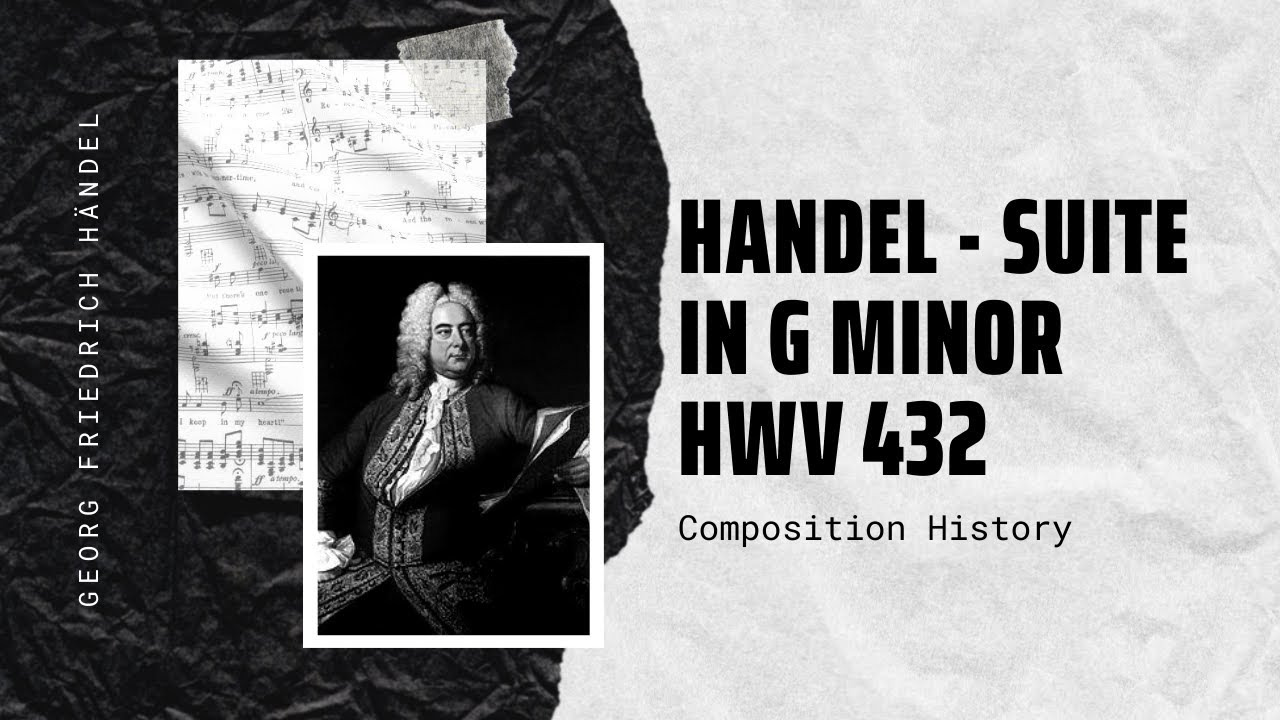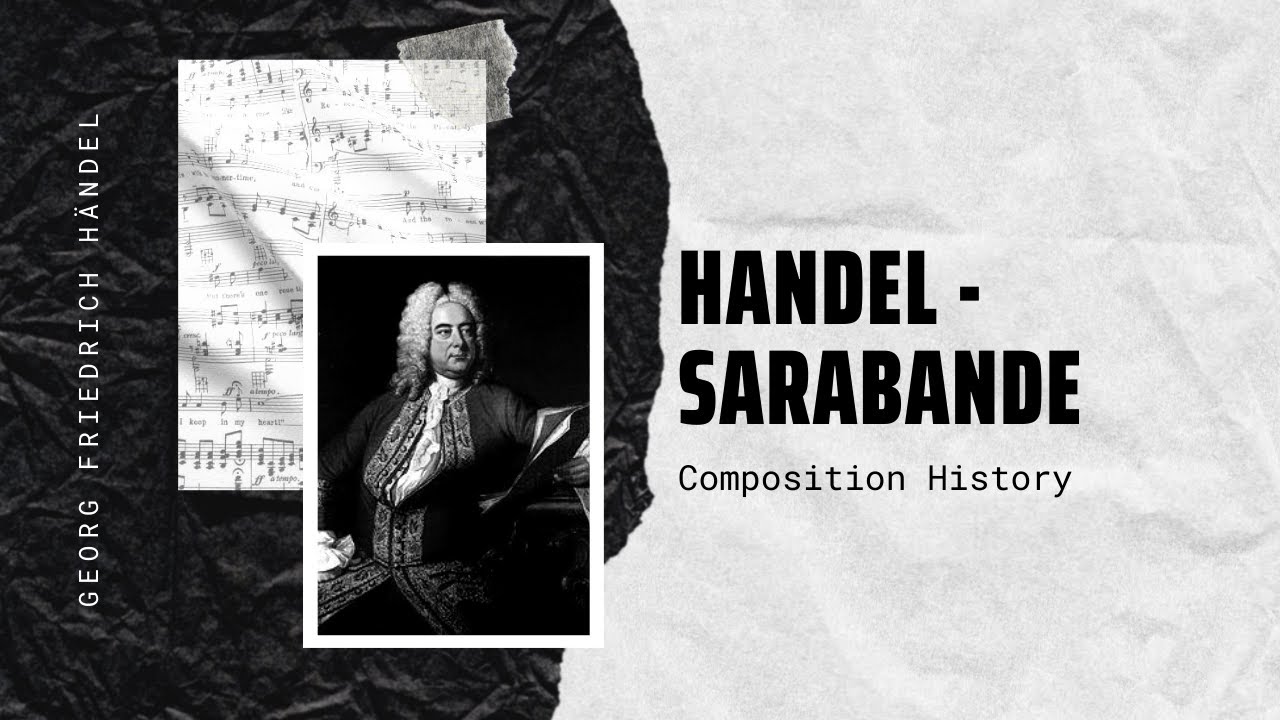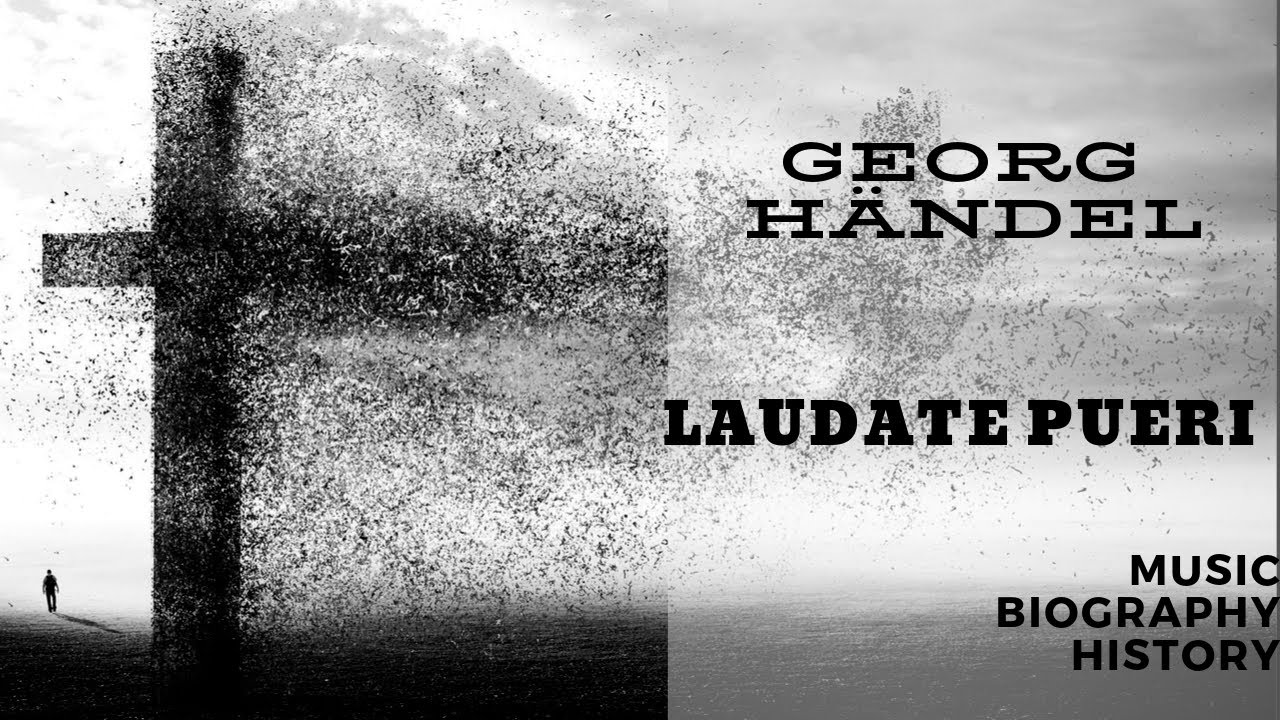
Handel – Suite in G minor, HWV 432 – Music | History
Handel – Suite in G minor, HWV 432 George Frideric Handel, German (until 1715) Georg Friedrich Händel, Händel also spelled Haendel, (born February 23, 1685, Halle,[…]

Händel – Fantasia in C major HWV 490
George Frideric (23 February 1685 (O.S.) [(N.S.) 5 March] – 14 April 1759) was a German, later British, Baroque composer who spent the bulk of[…]
Händel – Air in G minor HWV 467
Georg Friedrich Händel Air in G minor HWV 467 For more: http://www.melhoresmusicasclassicas.blogspot.com

Handel – Concerto Grosso A minor No. 4 Op. 6
Georg Friedrich Händel – Concerto Grosso A minor No. 4 Op. 6 George Frideric (or Frederick) Handel (23 February 1685 (O.S.) [(N.S.) 5 March] – 14[…]
Handel – Israel in Egypt
Georg Friedrich Händel Israel in Egypt (HWV 54) is a biblical oratorio by the composer George Frideric Handel. Most scholars believe the libretto was prepared by[…]

Handel – Sarabande
Georg Friedrich Händel – Sarabande The dance may have been of Guatemalan and Mexican origin evolved from a Spanish dance with Arab influences, danced with a[…]

Handel – Laudate Pueri (Psalm 112)
Georg Friedrich Händel George Frideric (23 February 1685 (O.S.) [(N.S.) 5 March] – 14 April 1759) was a German, later British, Baroque composer who spent the[…]